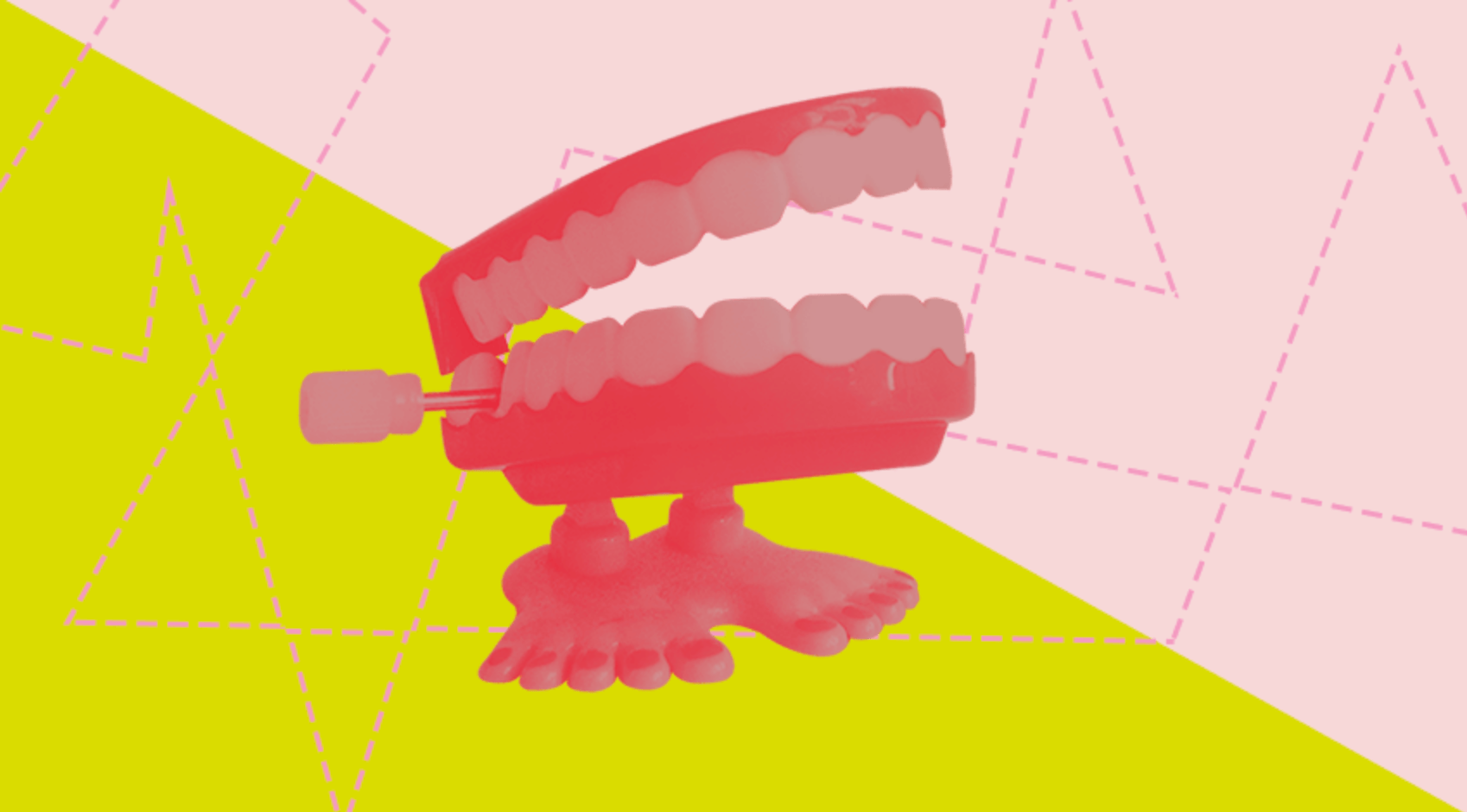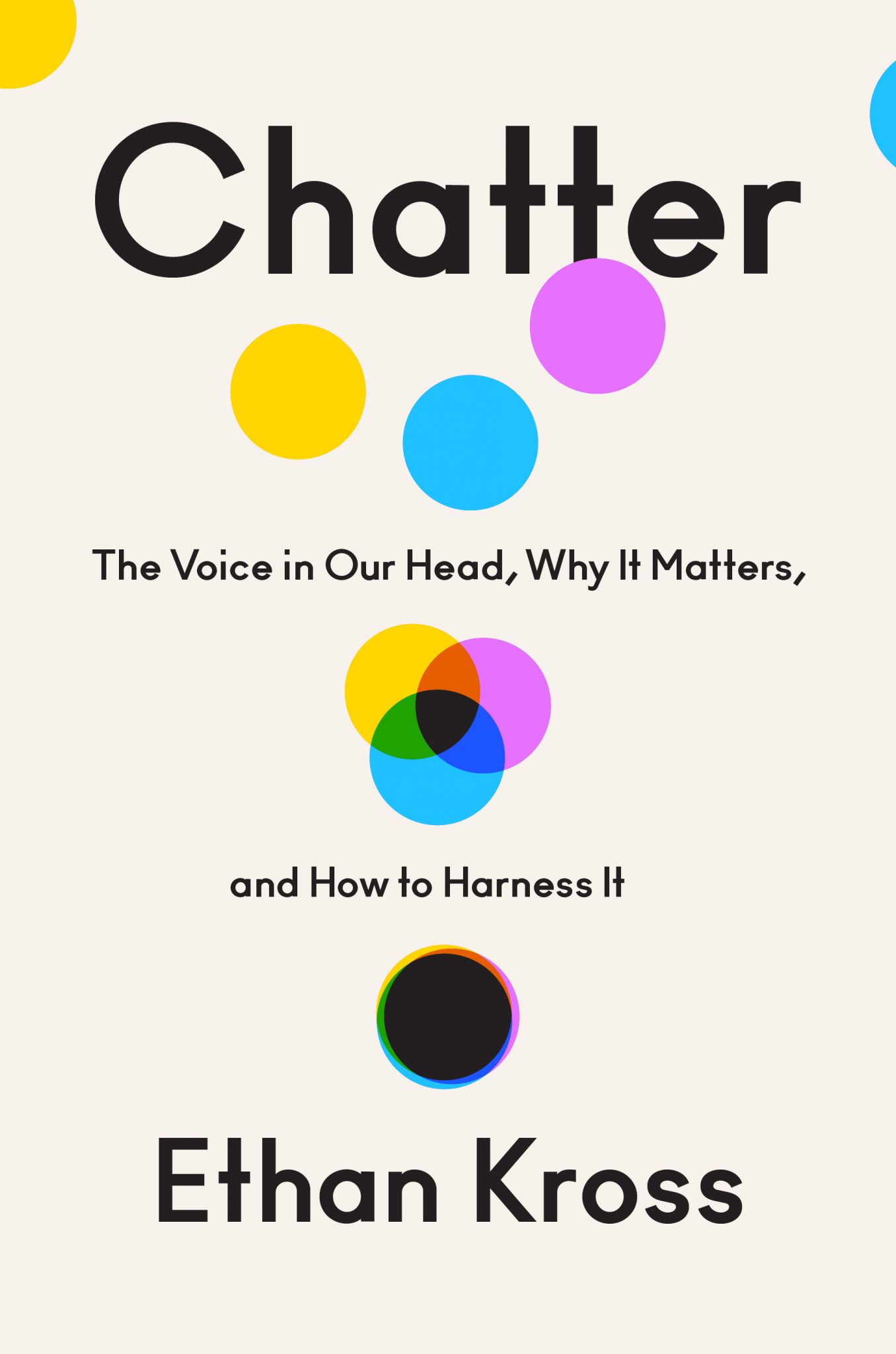

That's when that little voice goes into overdrive, wreaking havoc on your health.

"Our brains are more wired for survival rather than for happiness."Īs you turn your attention inward, Professor Kross says you can get stuck and experience the downside of your inner critic's negativity: chatter. We're more likely to stew over a threatening situation, or a stressful encounter, rather than ruminating about a positive memory - a special family dinner, a picturesque sunset stroll with a partner - because the latter doesn't have a lot of survival value. "When we think about the survival value of this stuff, then it makes sense that our brain is negatively biased because there is a huge benefit from thinking that something's going to get us," she says. She says these questions help to explain why it's easy for that internal voice to start fixating on the negative. This reliance on others, Dr Tan says, mean we're also likely to ask ourselves whether we fit in, and whether we're liked by other members of the group. "That's because if we were in a group back then, our chances of survival without that group would not be very high."

( Unsplash: Francisco Gonzalez)Īs well as external problems, Dr Tan says our inner voice critiques problems within us. We can spend more time stewing on negative thoughts than happy ones, Dr Vicky Tan says. It also helps us plan and simulate for the future," he says. "It helps us control ourselves, like when we coach ourselves through a problem. To memorise a phone number, you would use your inner voice to repeat it in your head. This "Swiss Army Knife of the mind," Professor Kross tells RN's Late Night Live, "plays a role in in what we call our working memory system, which is a system of the mind that all of us possess, which is it helps us keep information active".

Professor Kross describes this use of language as "a superpower that we possess distinguishes us from other species". Then as we mature it becomes our foremost tool for solving problems and ordering our internal and external world. Professor Kross says the internal voice is a product of human evolution, one that first emerges for young children as they begin to navigate and make sense of their environment. So how can you live with the inner critic in your head and not let its chatter take over? Your internal guide He says it can be a force for good, provided we consider "what we can do to harness our voice rather than get controlled by it in the wrong ways". Professor Ethan Kross, a psychologist and neuroscientist at the University of Michigan, has spent the last 20 years researching how we evolved to live with this internal dialogue. That little critic in your head can help you wade through some of life's biggest challenges - but it can also be a cruel tormentor living rent-free in your mind. It can be tough to manage your inner voice.


 0 kommentar(er)
0 kommentar(er)
